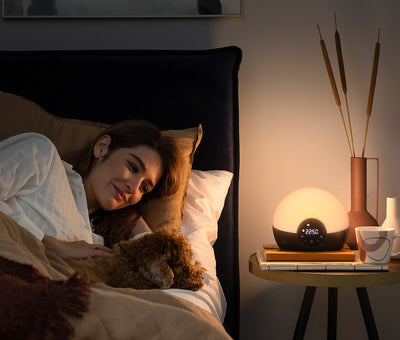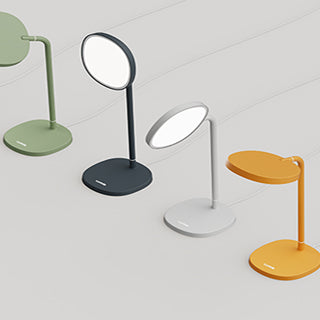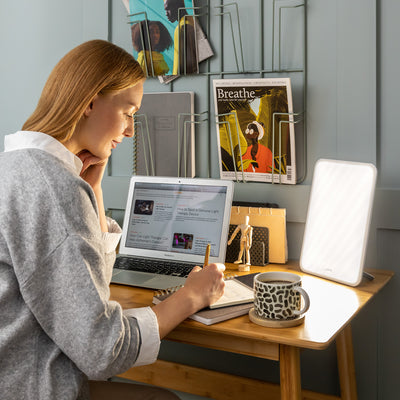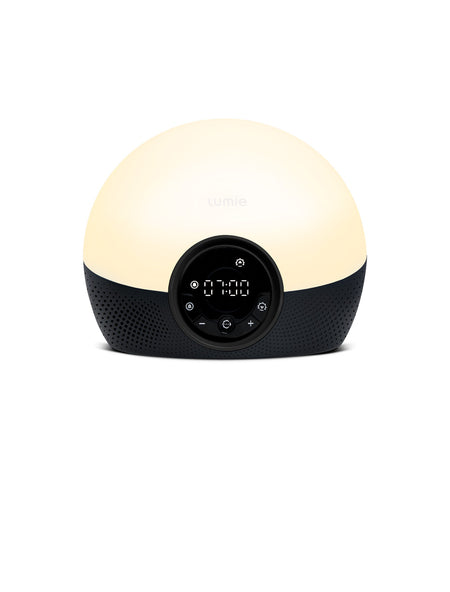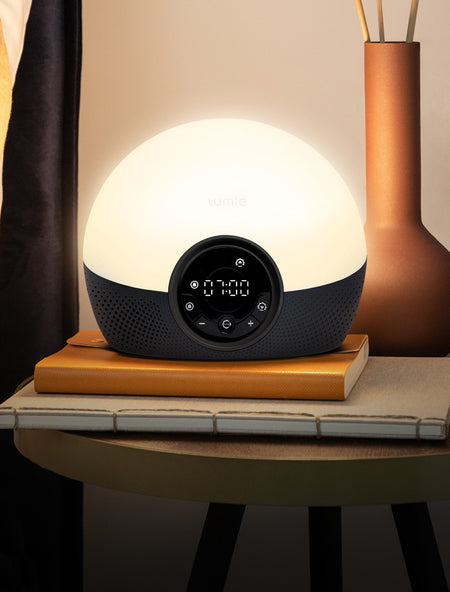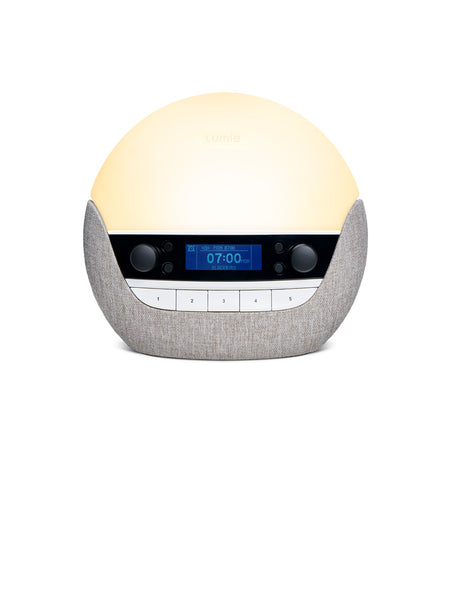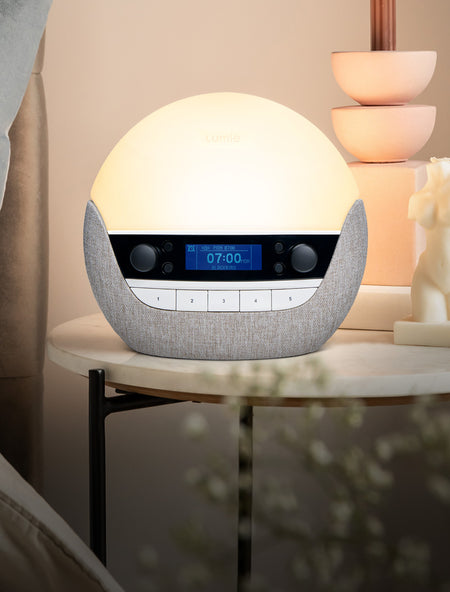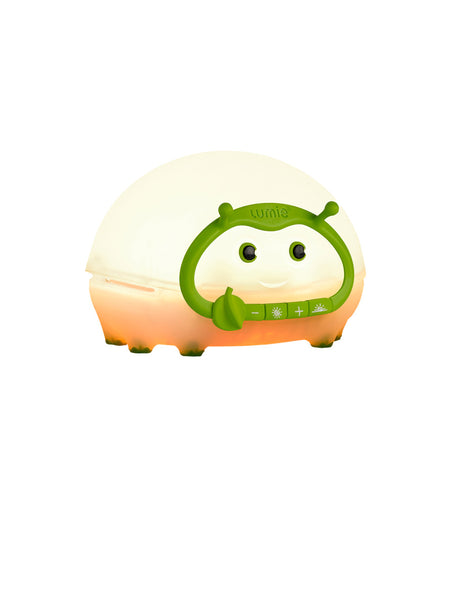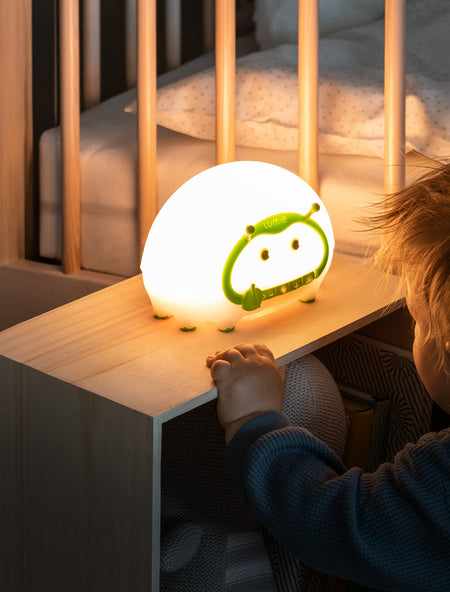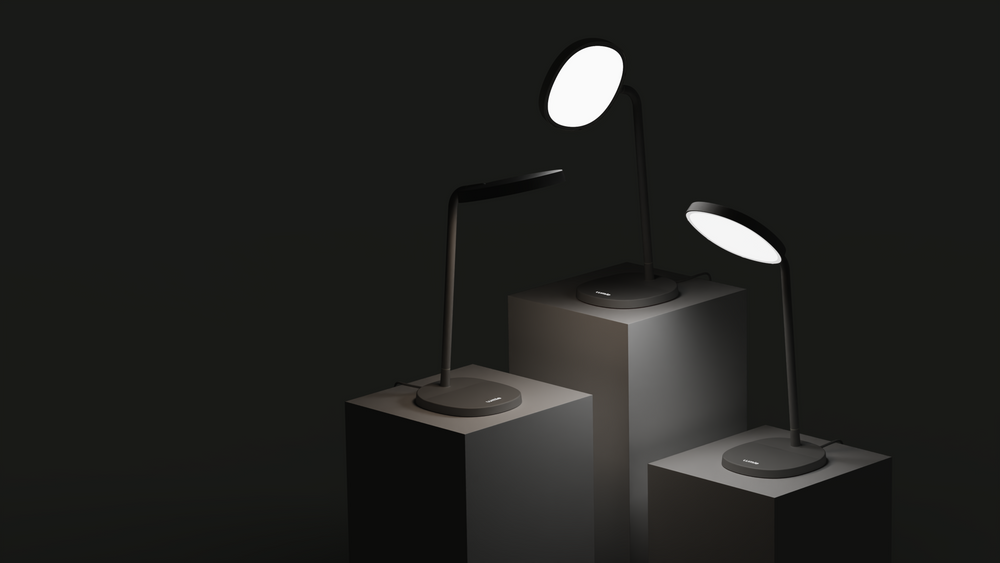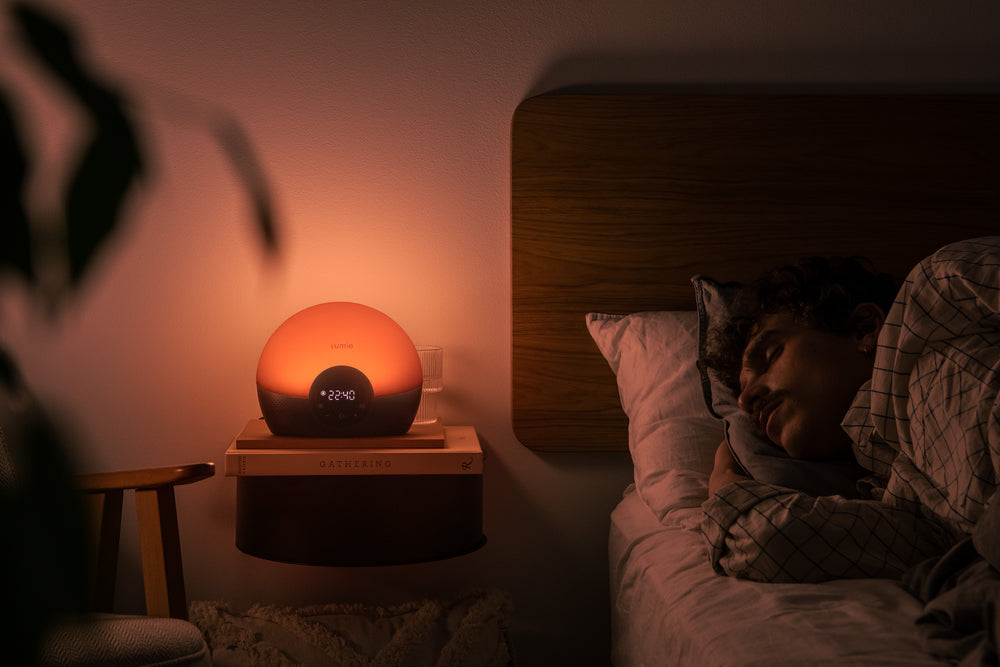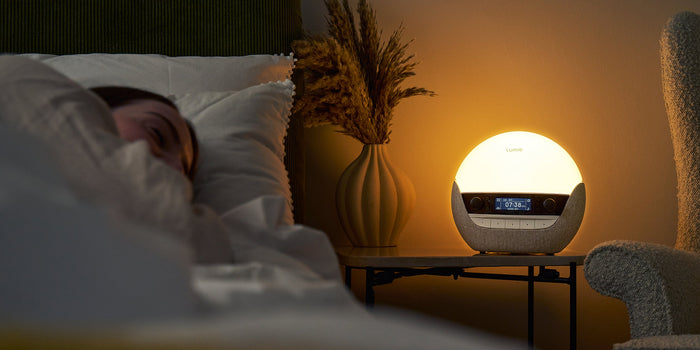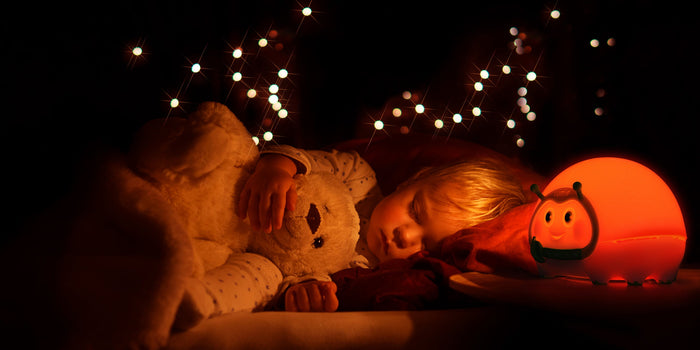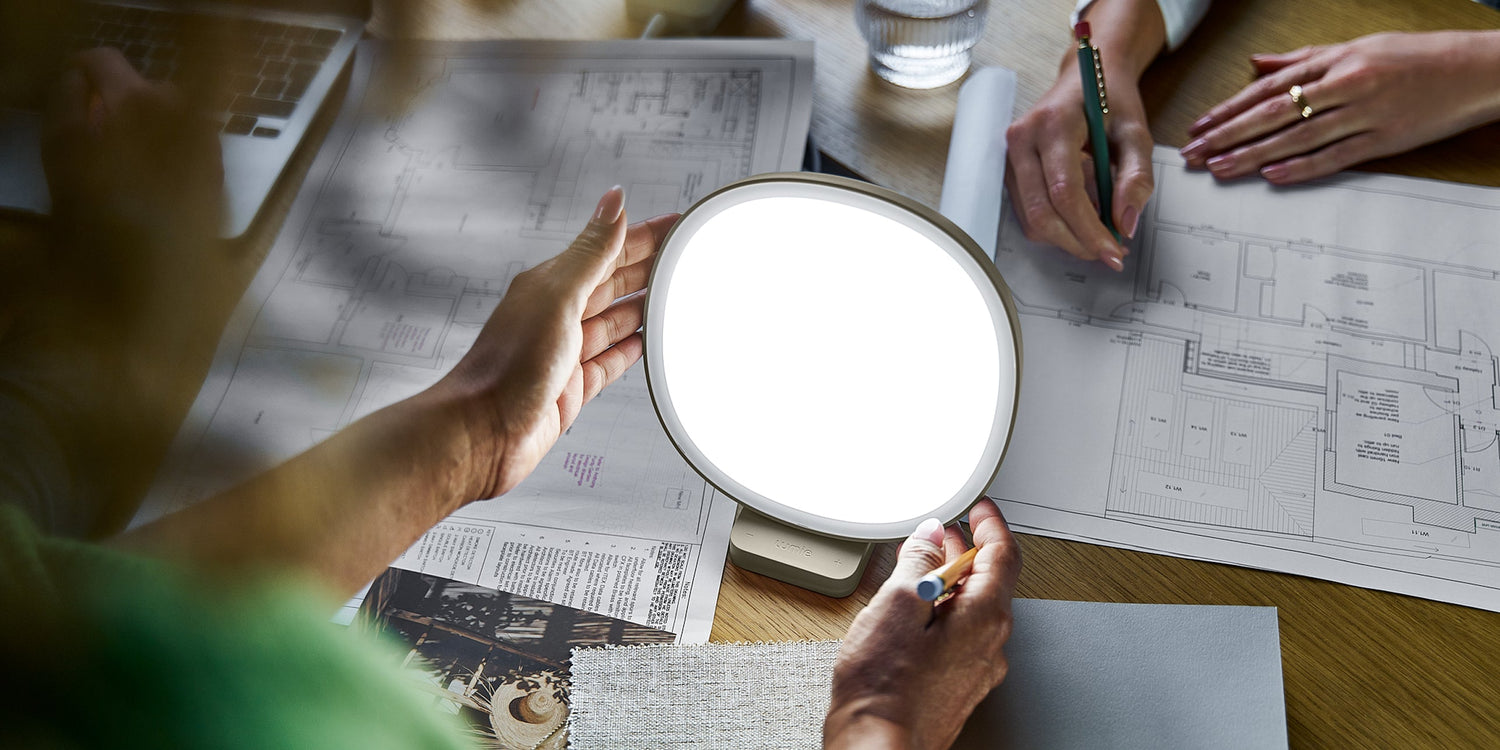
SAD & energy lights
Lumie bright light therapy lamps mimic daylight to lift mood and boost energy - especially during short, dark days or when you’re stuck indoors
Filter & Sort:
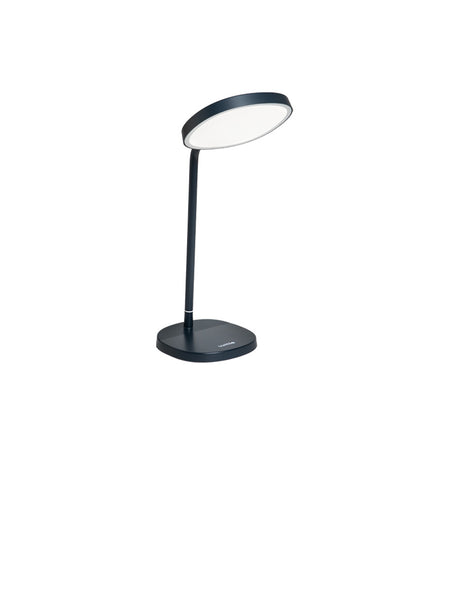
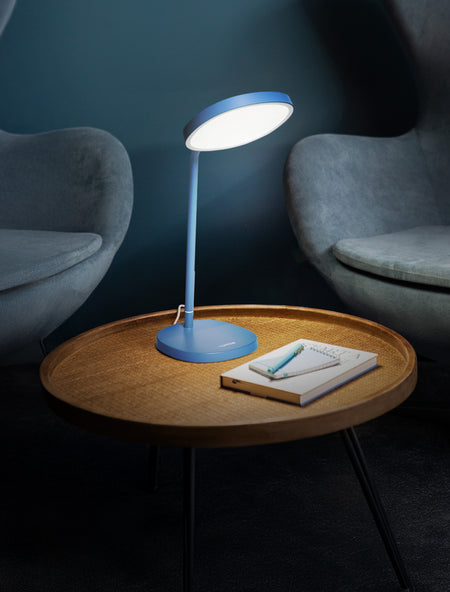
Task
10,000 lux at 15 cm for a mood and energy boost, high-quality LEDs with CRI 95+ for reduced eye strain. Dimmable lighting and ergonomic design with angle adjustability
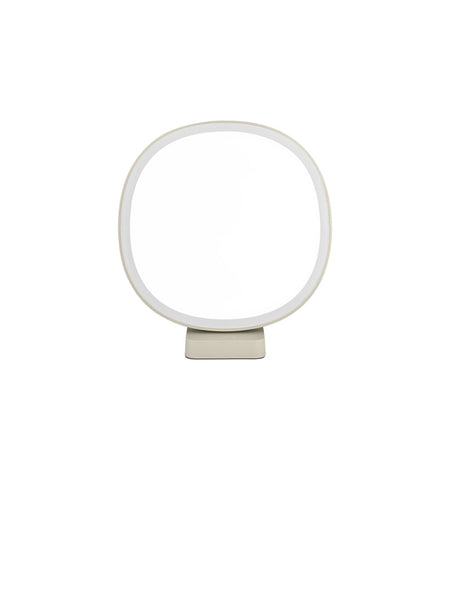
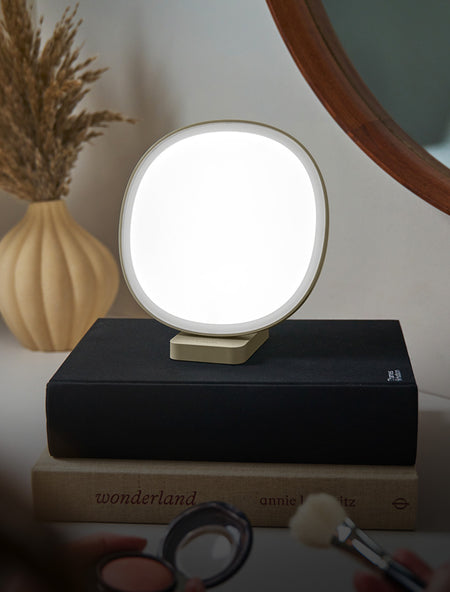
Dash
10,000 lux at 15 cm for a mood and energy boost, high-quality broad-spectrum LEDs with CRI 95+ for maximum visual comfort. Dimmable lighting, fixed base.
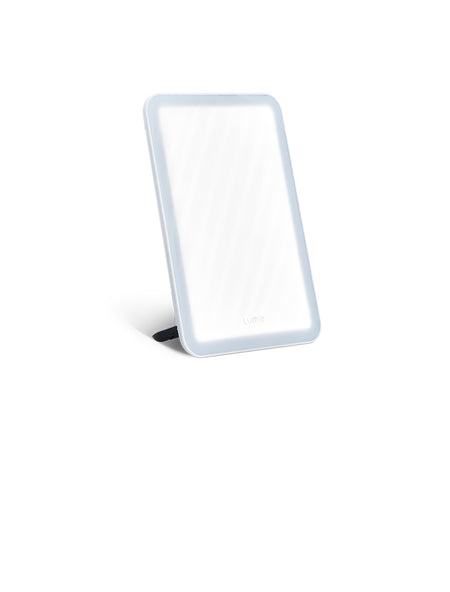
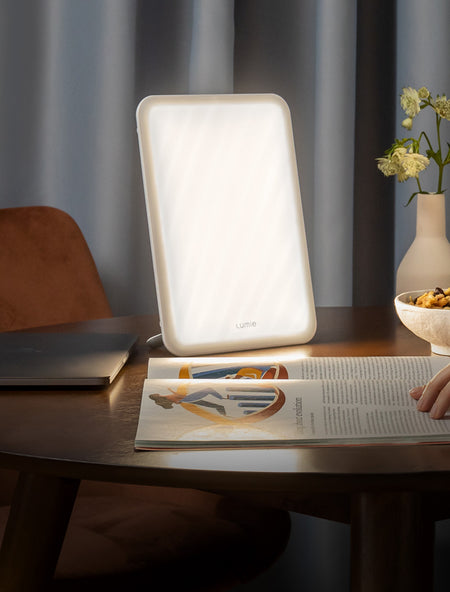
Vitamin L
10,000 lux at 20 cm for a mood and energy boost, cool white LEDs, rippled diffuser, detachable stand, portrait and landscape orientation
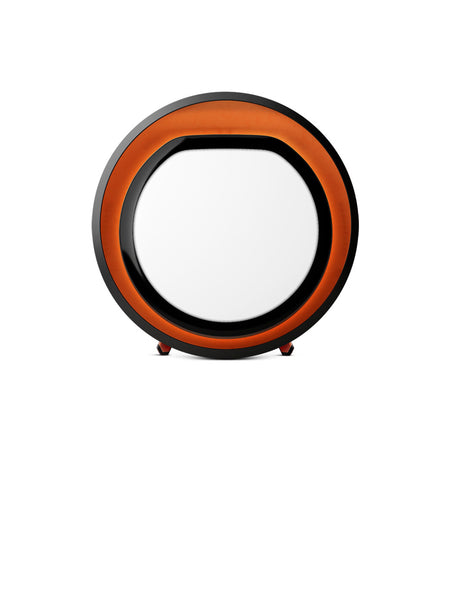
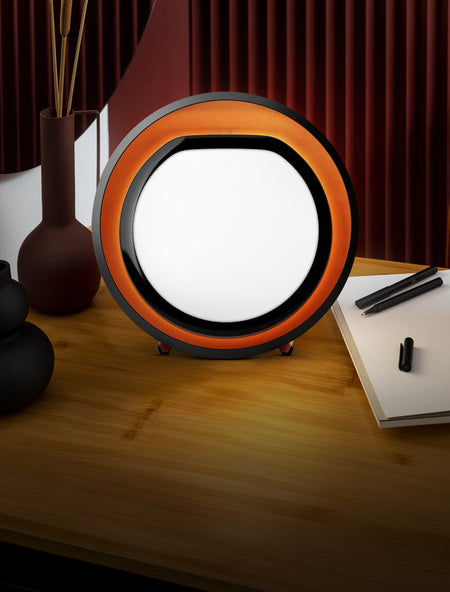
Halo
10,000 lux at 20 cm, cool and warm-white LEDs, adjustable brightness, warm backlight.
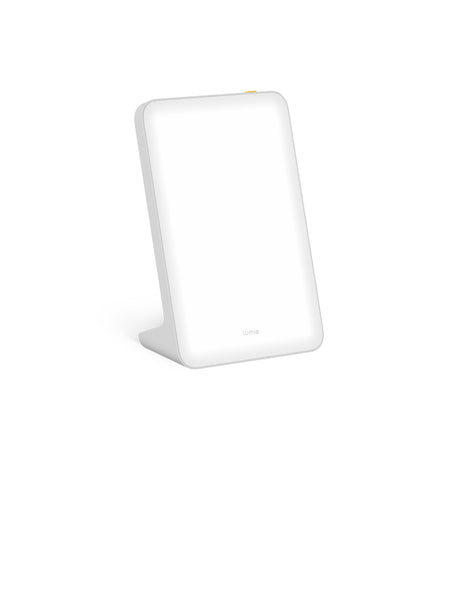
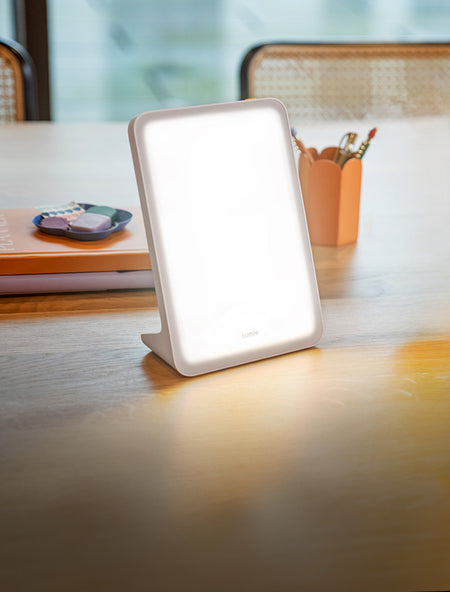
Mini
10,000 lux at 12 cm to boost mood and energy, cool white LEDs, compact design to easily carry with you to work or college
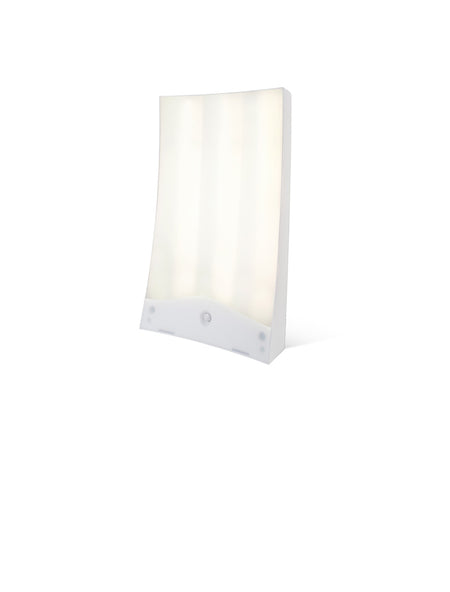
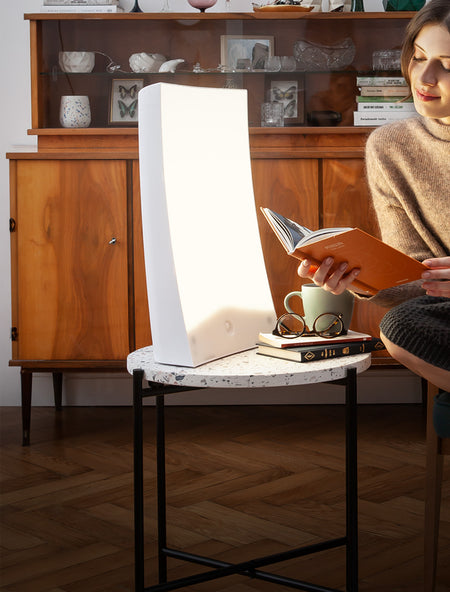
Brazil
10,000 lux at 35 cm to alleviate symptoms of winter blues and improve mood and energy, concave diffuser and single-button control
Make life feel brighter for you with more light therapy
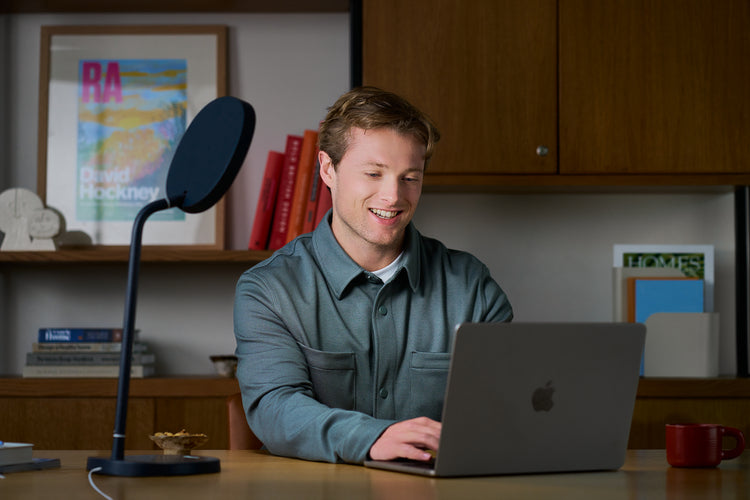
Life-changing light therapy for best-ever mood and energy
Sunlight enhances mood, energy, and alertness naturally by influencing body chemistry, including melatonin and serotonin levels. When daylight hours are limited (think: autumn and winter) and time spent indoors increases, many people experience fatigue, sluggishness, and irritability due to inadequate light exposure. Bright light therapy mimics natural daylight, providing a natural alertness, mood and energy boost, and serves as an effective treatment for winter blues and seasonal affective disorder (SAD).
FAQs
What are Lumie SAD & energy lamps?
Lumie SAD & energy lights are expertly-designed devices designed to deliver safe, natural and UV-free bright light therapy by mimicking the brightness and intensity of sunlight. The light intensity is much higher than regular indoor lighting, as all Lumie SAD & energy lamps deliver 10,000 lux. Light therapy is commonly used to help regulate circadian rhythms and treat various conditions, such as seasonal affective disorder (SAD), winter blues, sleep disorders, and mood disorders.
How does bright light therapy work?
Bright light therapy works by mimicking natural sunlight, stimulating the brain and suppressing the production of melatonin, a hormone that regulates sleep-wake cycles. Bright light also helps stimulate the release of serotonin, a neurotransmitter that plays a role in mood regulation. Exposure to bright light helps to reset the body's internal clock and improve mood, energy levels, and overall well-being.
Can bright light therapy help with seasonal affective disorder (SAD) or winter blues?
Yes, bright light therapy is a recommended treatment for seasonal affective disorder (SAD), and offers an easy-to-use natural solution. The exposure to bright light can help alleviate the symptoms of SAD, such as low mood, fatigue, and changes in appetite. It is particularly effective during the autumn and winter months when natural sunlight is limited.
How long do I need to use a Lumie SAD & energy lamp each day?
Our lights have been expertly optimised to deliver the right brightness, intensity, and colour temperature with maximum efficacy and efficiency - so half an hour a day may be all you need, Everyone's different, however, so we advise you to begin using your bright light therapy lamp for 30 minutes to 1 hour each day to start with. You can spend longer in front of your lightbox or you can dip in and out throughout the day. Most people find that light therapy in the mornings works best so if you are just starting out, try this first. After a week or so, if you're not feeling much different, you can fine-tune your routine and try introducing another session in the afternoon. In fact, bright light therapy is great at helping you overcome the afternoon slump naturally, so you may want that extra dose of alertness-enhancing rays after lunch anyway!
Can I use a bright light therapy lamp while doing other activities, such as reading or working?
Yes, our bright light therapy lamps are designed to be used during activities like reading, working, or doing other tasks. You do not need to be staring directly into the light as you will find this quite uncomfortable due to how bright the light is. However, it is recommended to position the lamp at a distance and angle that allows the light to reach your eyes (without causing discomfort).
